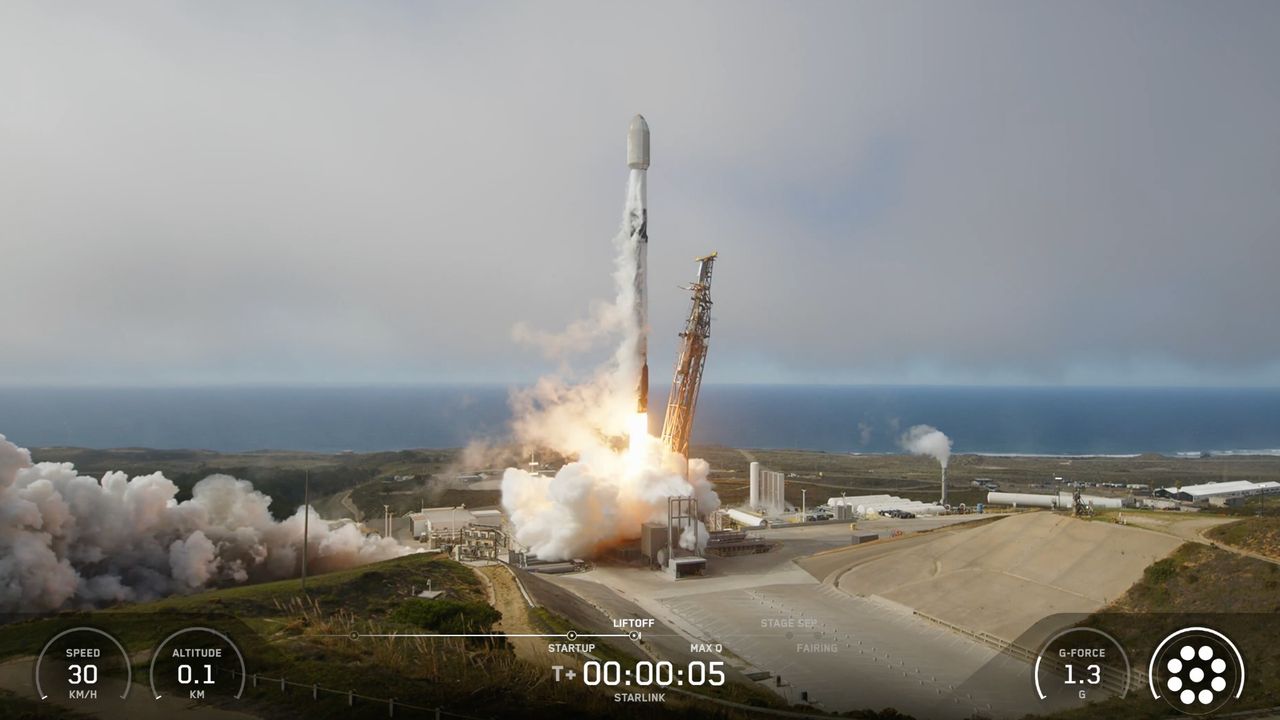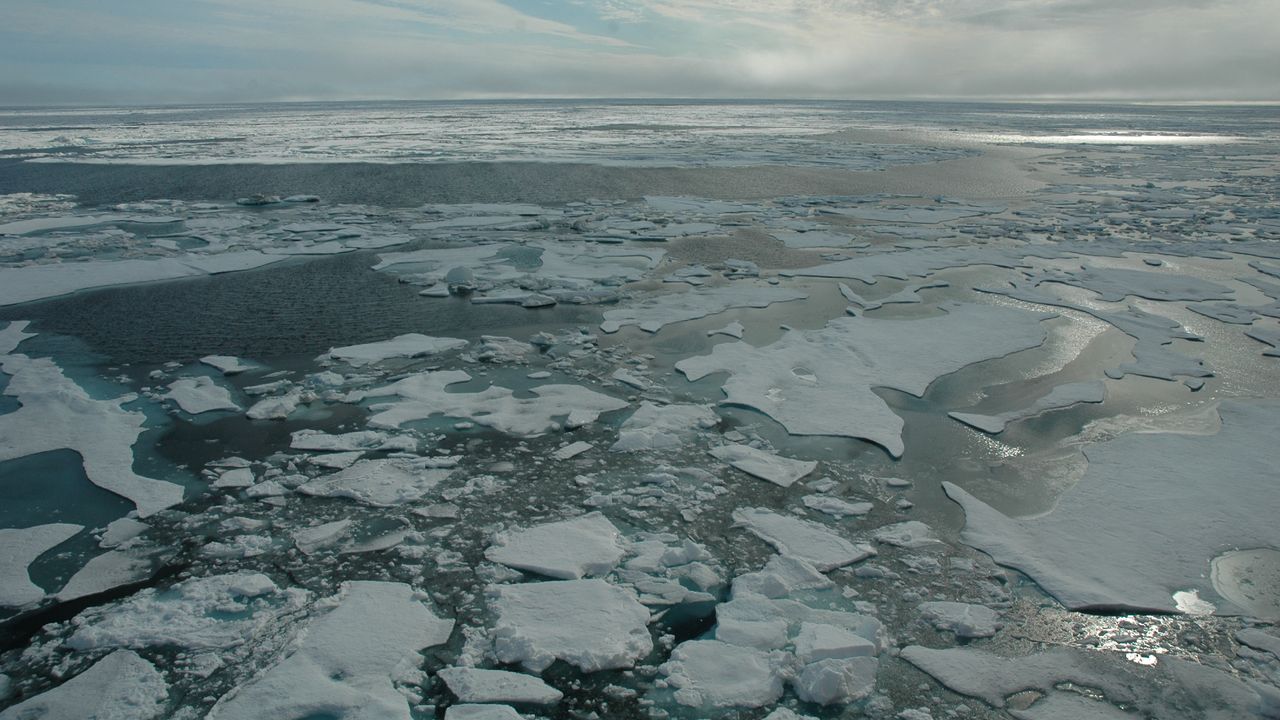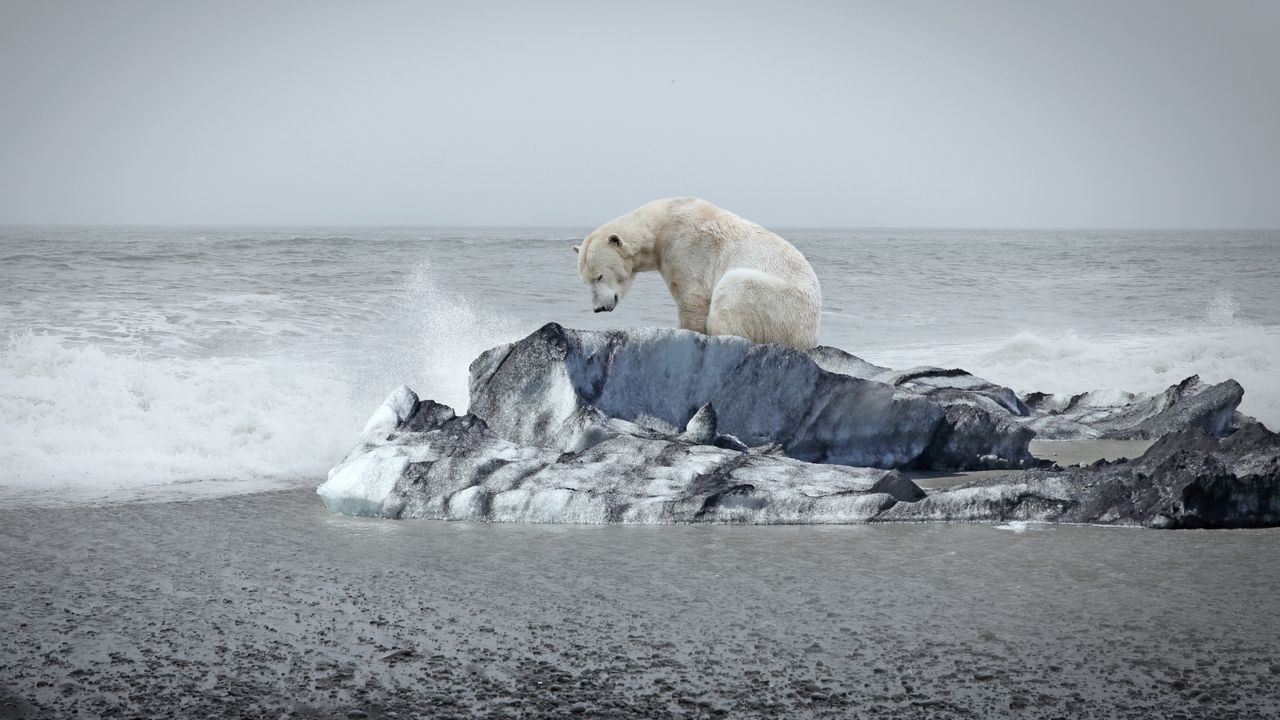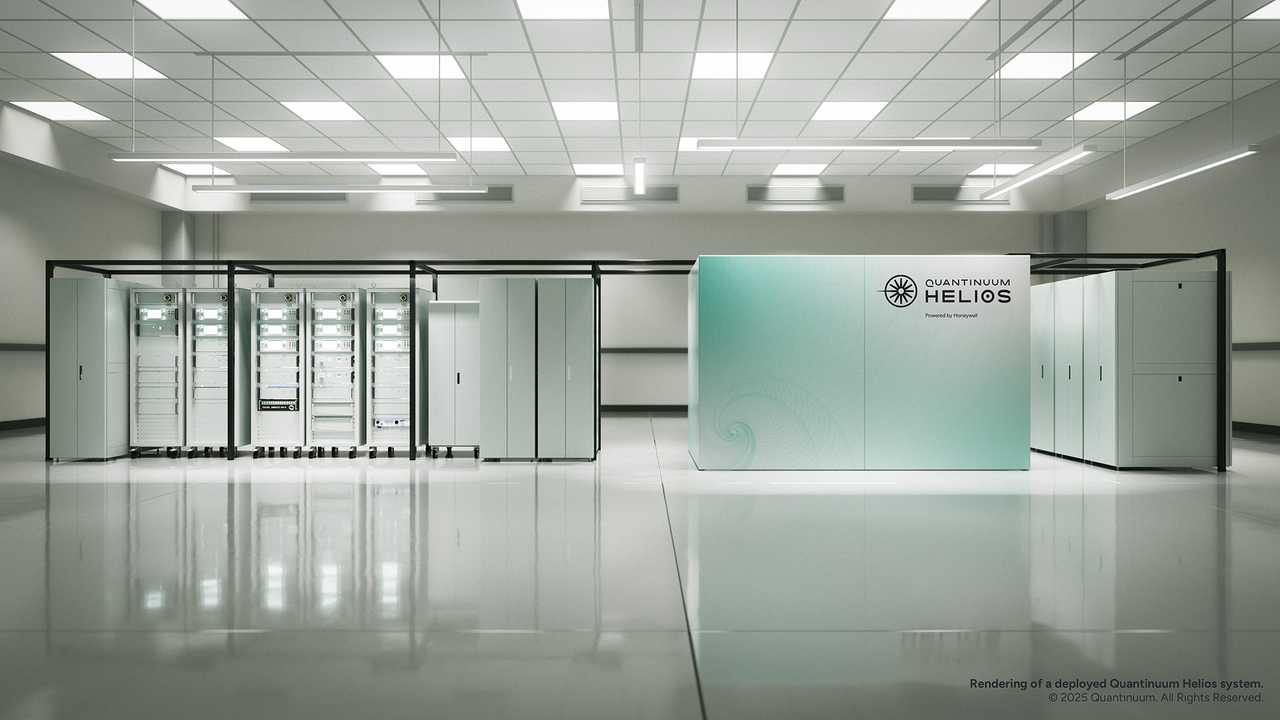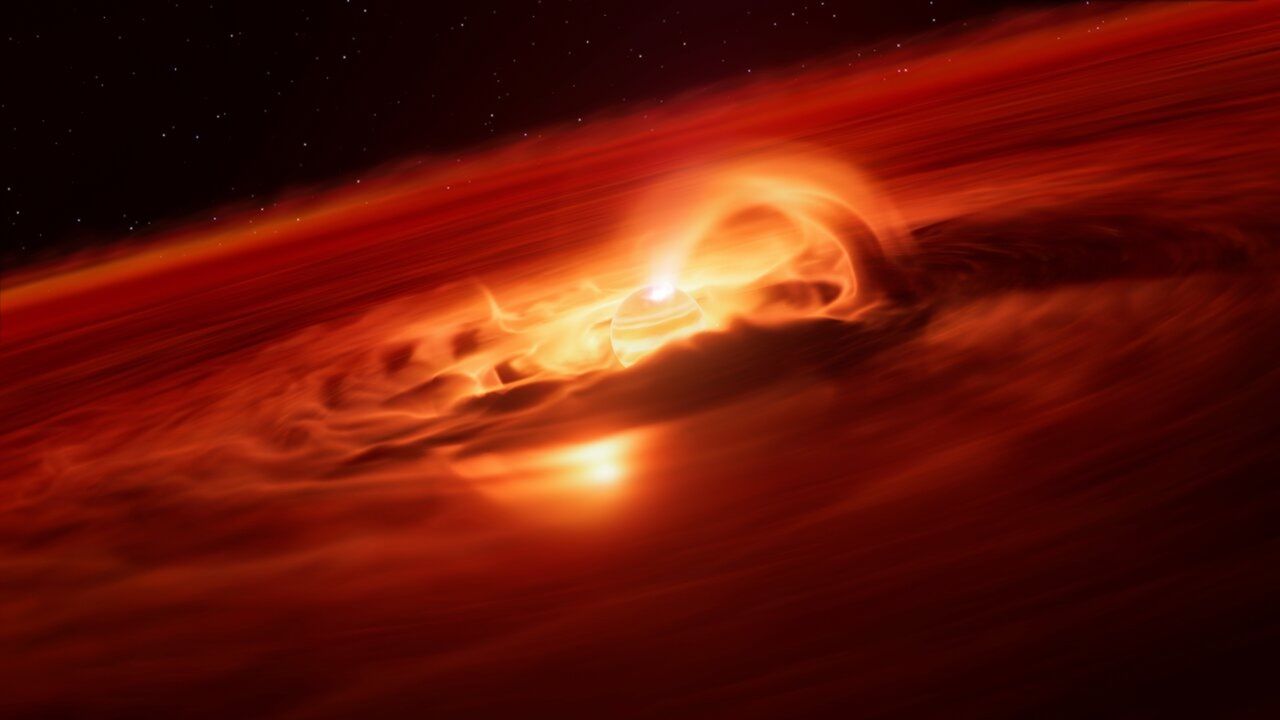Wildfires are getting more intense around the world due to human-driven climate change
NegativeScience
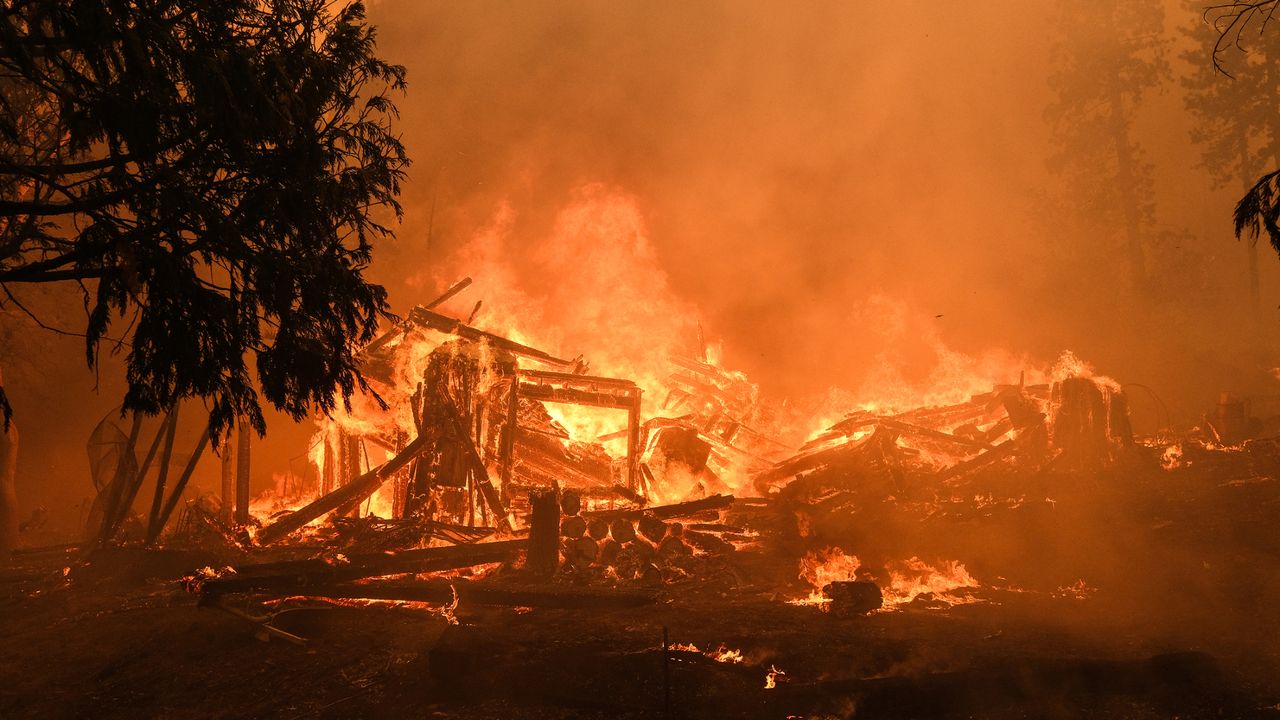
A recent global wildfire report highlights the alarming increase in wildfire intensity due to human-driven climate change, revealing that warming has made fire weather dozens of times more likely. This is significant as it underscores the urgent need for action to mitigate climate impacts and protect ecosystems. Additionally, the report showcases how satellites are aiding scientists in tracking these changes, which is crucial for future preparedness and response efforts.
— via World Pulse Now AI Editorial System

